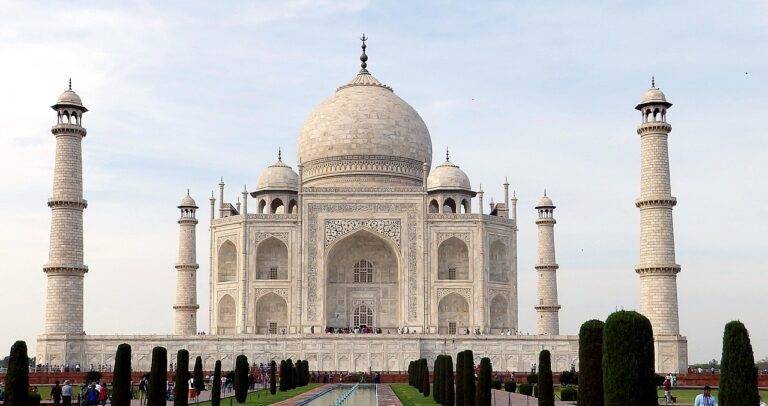The Role of Urban Development Policies in Shaping Election Platforms
Urban development policies have emerged as a crucial issue shaping election campaigns worldwide. Candidates are increasingly recognizing the significance of addressing urban development challenges in their political platforms. The impact of these policies resonates deeply with voters, especially those living in urban areas, as they directly influence issues such as housing affordability, infrastructure development, and environmental sustainability.
In recent years, urban development policies have played a central role in shaping the narrative of election campaigns. Candidates are under pressure to articulate clear strategies for managing rapid urbanization, addressing inequality, and fostering inclusive growth. The effectiveness of these policies in meeting the needs of urban populations can determine the outcome of elections, highlighting the importance of prioritizing sustainable and equitable urban development initiatives.
Urban Development Policies as a Key Factor in Election Platforms
Urban development policies play a crucial role in shaping election campaigns around the world. Candidates often use their stance on urban development as a key component of their platforms to garner support from voters. This is because urban areas are hubs of economic activity and cultural diversity, making them hotbeds for political issues that resonate with a large portion of the population.
In many cases, urban development policies have the power to sway voters and influence their decision at the ballot box. Governments and political parties that prioritize sustainable urban planning, affordable housing initiatives, and transportation infrastructure projects are more likely to attract the support of urban dwellers. As cities continue to grow and evolve, the need for effective urban development policies will only become more important in the political arena.
The Influence of Urban Development Policies on Political Campaigns
Urban development policies play a crucial role in shaping the political landscape during election campaigns. Candidates often leverage these policies to appeal to urban voters and showcase their commitment to improving infrastructure and quality of life in cities. By highlighting their stance on issues such as affordable housing, transportation, and sustainability, politicians seek to win the support of urban dwellers who are directly affected by these policies.
Moreover, urban development policies not only serve as talking points for candidates but also reflect their vision for the future of cities. Voters are increasingly looking for leaders who have concrete plans for addressing urban challenges and promoting growth in sustainable and inclusive ways. As such, the effectiveness of candidates’ messages on urban development policies can significantly impact their electoral success, especially in areas where urbanization is rapidly changing the social and economic dynamics of communities.





